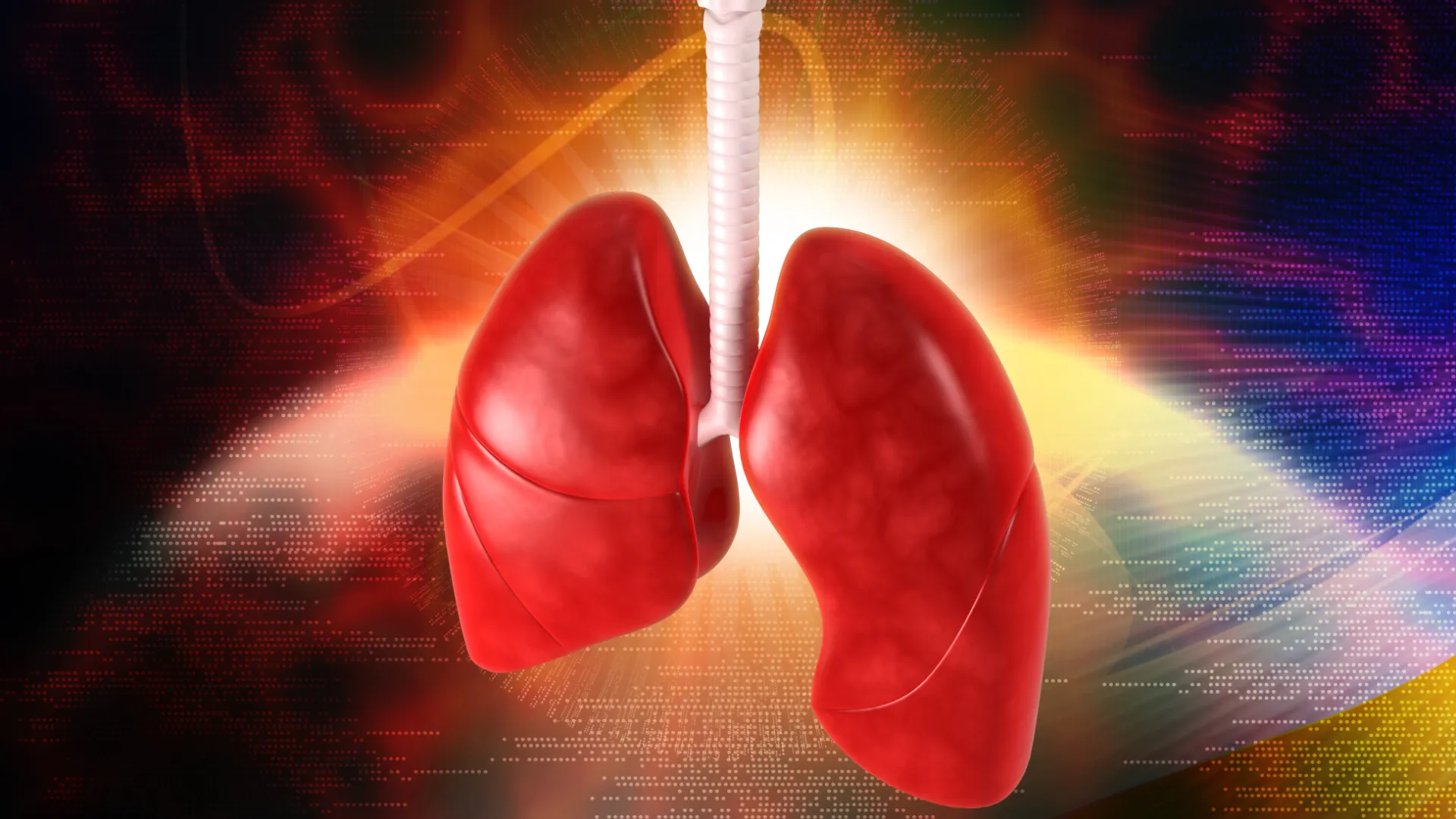Mesothelioma is a rare form of cancer that develops in the lining of certain organs, most commonly the lungs (pleural mesothelioma) but can also occur in the abdomen (peritoneal mesothelioma), heart (pericardial mesothelioma), or testicles (testicular mesothelioma). It’s primarily caused by exposure to asbestos, and symptoms often do not manifest until the disease has progressed to later stages. However, in the early stages, individuals may experience the following symptoms:
-
Respiratory Issues:
- Persistent dry cough
- Shortness of breath, even during light physical activity
- Chest pain or tightness
- Difficulty breathing
-
Pleural Effusion:
- Buildup of fluid in the pleural space around the lungs, causing pain and breathing difficulties
-
Fatigue and Weakness:
- Generalized tiredness, weakness, and a feeling of lethargy
-
Unexplained Weight Loss:
- Losing weight without any apparent reason or changes in diet or exercise routine
-
Pain in Specific Areas:
- Pain in the chest or lower back due to tumor growth and pressure on nerves or organs
It’s important to note that these symptoms are not exclusive to mesothelioma and can be indicative of various other health conditions. Asbestos exposure history, occupational or environmental, should be communicated to healthcare providers if any of these symptoms manifest.
If someone suspects they may have been exposed to asbestos or are experiencing any of these symptoms, especially if they persist over time, it’s crucial to consult with a healthcare professional promptly for a proper diagnosis. Early detection and treatment significantly impact the prognosis and management of mesothelioma.
